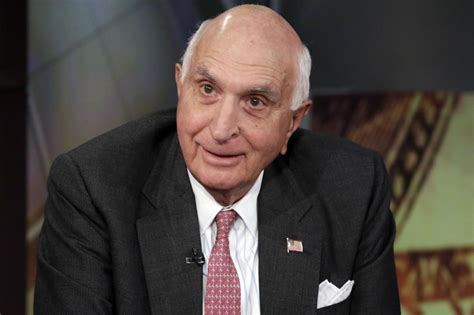A Quote by Chris Hughes
Mostly what I'm focused on is finding people who are younger who haven't built companies before but have a good idea.
Related Quotes
I've done a lot of odd jobs, including waitressing, which most actors have done. I was a busboy - girl - when I was younger and sold things at little fairs when I was younger. I mostly related the role to being a waitress and having to deal with customers. There are good people and some not-so-good people.
Now the Japanese companies are more focused on that. To have two independent directors - I think it's good to have outside people look at you and think of what you could be doing better. Those are voluntary, but most of the companies told me they're going to do it. And I think it's good for them to say our returns on equity, for example, should be higher. Also, I think some could be more ambitious.
The idea of confidence, of the emotions of the population, is an incredibly important one in economics. John Maynard Keynes called it 'animal spirit.' And if people are feeling generally good about the future, they're more likely to spend money, to start new companies; companies are more likely to hire people, make investments.
People believe that companies have always had strategies, dating back at least to likes of Henry Ford or Andrew Carnegie, maybe to the contractors who built the Pyramids. As it turns out, it was only in the 1960s and 1970s that a new breed of "business intellectuals" began to develop the intellectual framework that allowed companies to look at the three "C's" of any good strategy - namely their costs, customers, and competitors - in an integrated way.
Oil companies have gas stations. There's this whole huge structure that is about finding a new liquid for the tank. And the idea that maybe there shouldn't be a liquid, that maybe the best is an electrical grid, a sustainably powered electrical grid that we all plug into, that doesn't sit well with oil companies.
































